Sept 28, V7N - Hassan Nasrallah, the Secretary General of Hezbollah, has been a prominent leader in the Middle East, shaping Hezbollah into a significant military and political force over the past three decades. Nasrallah became the group's leader in 1992, after his predecessor was killed by Israel, and has overseen its transformation into a highly organized militia with extensive regional influence, bolstered by Iranian backing.
Under Nasrallah's leadership, Hezbollah has been deeply involved in conflicts with Israel, most notably during the 2006 Lebanon War, where he declared a "Divine Victory" despite significant destruction in Lebanon. Nasrallah’s speeches are known for their charismatic oratory, often combining a message of resistance against Israel and the United States with the projection of Hezbollah as a defender of Lebanon and the Palestinian cause.
Hezbollah's influence extends beyond Lebanon, playing a key role in the Syrian civil war by supporting President Bashar al-Assad and aligning with other pro-Iranian groups in the region, such as the Houthis in Yemen. However, Hezbollah's involvement in these conflicts has made it a divisive figure in Lebanon, especially as its actions are seen by some as contributing to the country’s economic decline and isolation from Gulf Arab states.
Hezbollah’s most recent engagement has been in the ongoing conflict with Israel, where it has fired rockets and missiles in support of Hamas, increasing the risk of a broader regional war. Israeli strikes, particularly the one reported on Friday, are part of a broader escalation targeting Hezbollah’s infrastructure and leadership, including Nasrallah himself. Although there has been no confirmed report on Nasrallah's fate following the Israeli attack, various sources, including Iranian media, have indicated that he is safe. However, Hezbollah has not yet issued an official statement on his status.
Nasrallah remains a highly influential figure, both feared and revered, depending on one’s perspective, and continues to play a central role in the region's ongoing geopolitical struggles.
END/WD/RH/



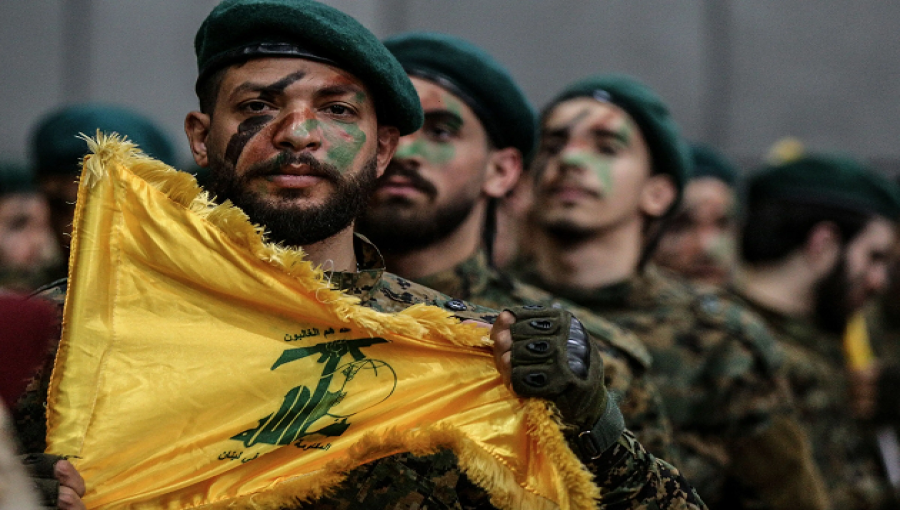
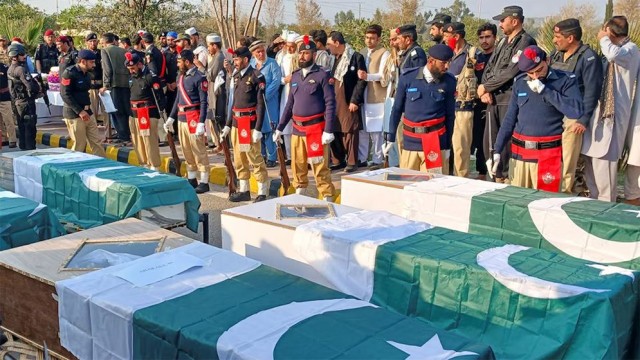




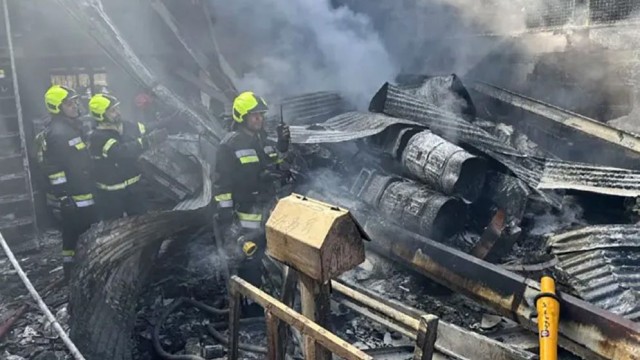

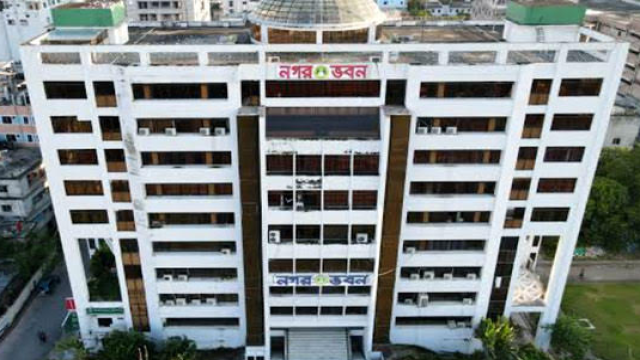
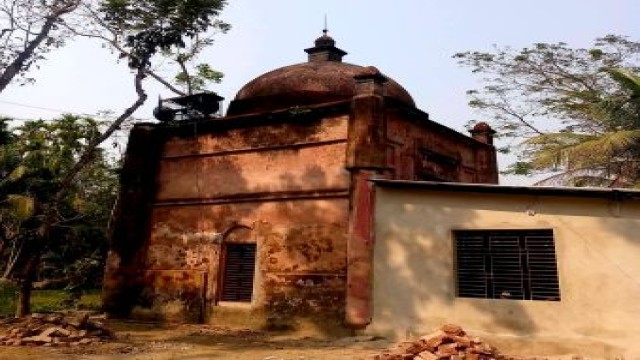
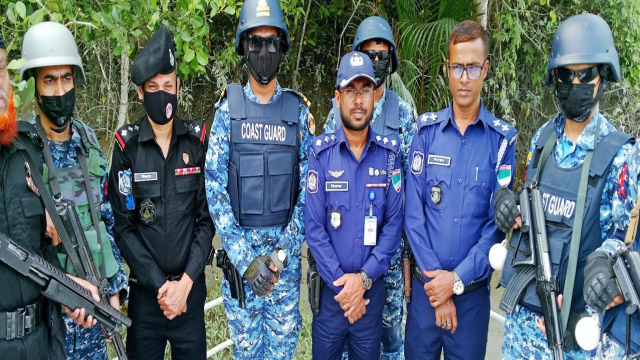
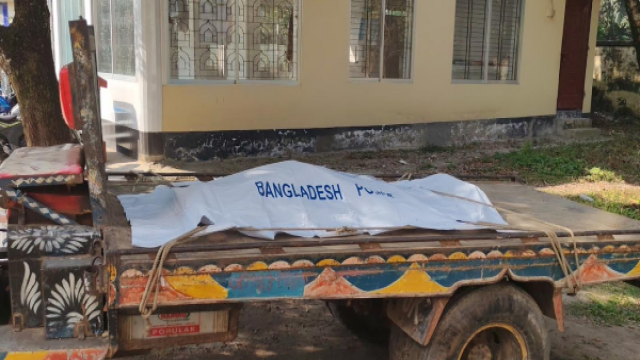
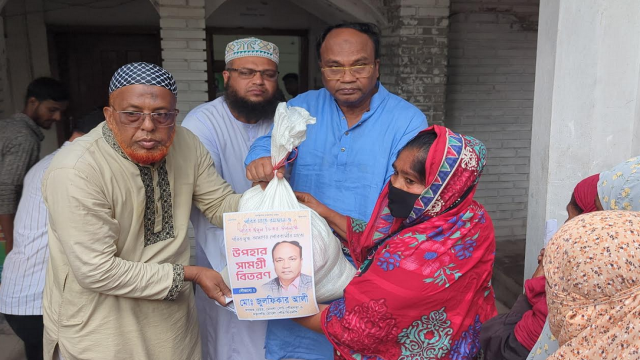

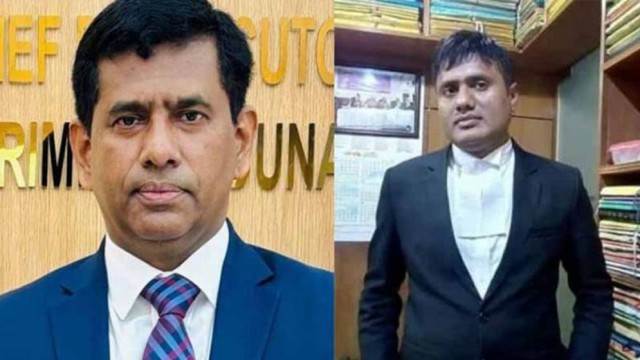
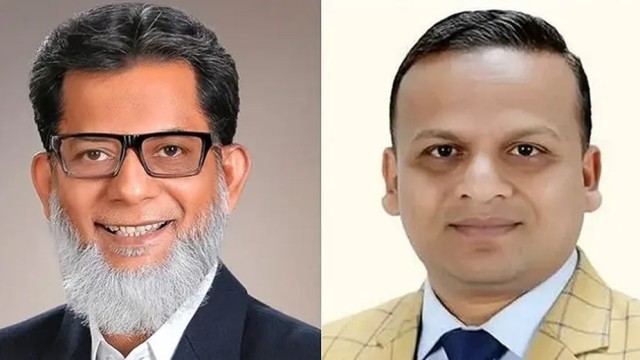
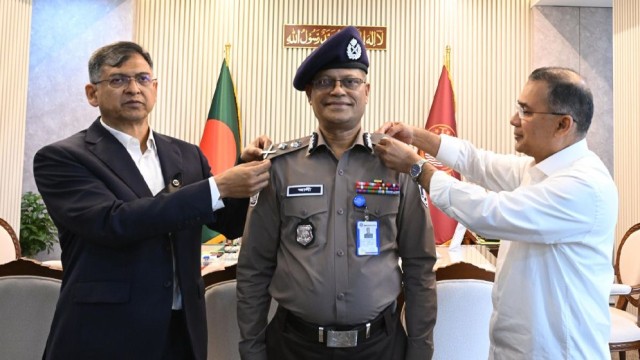









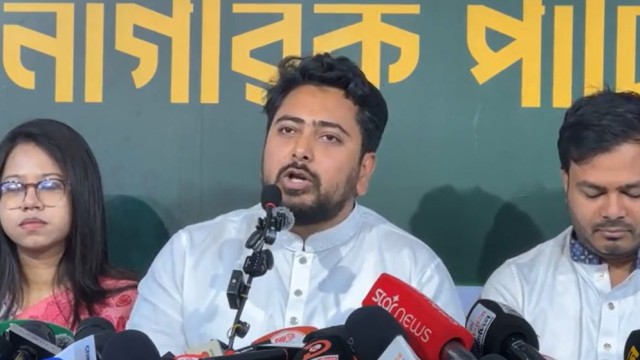

Comment: